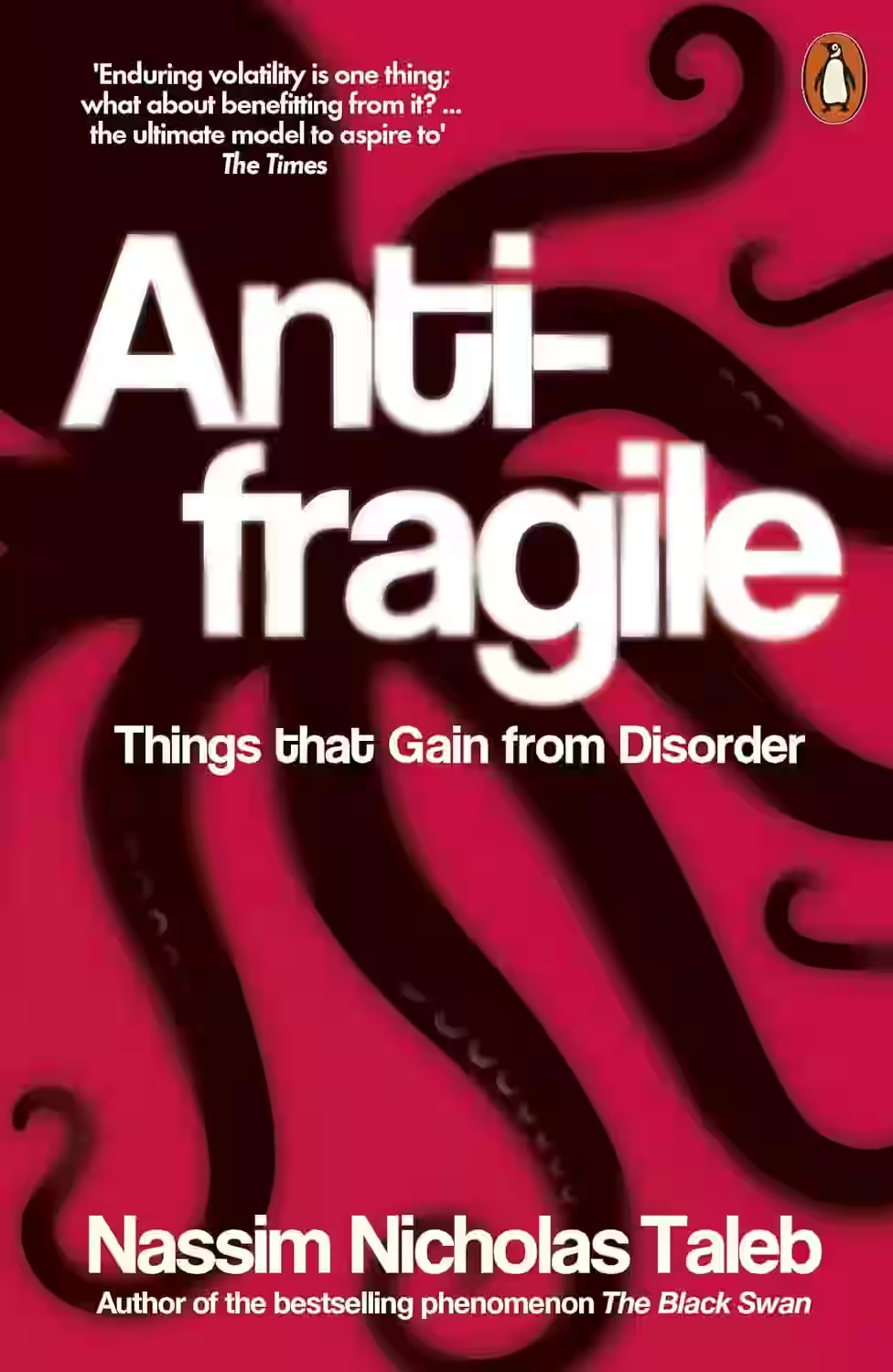
In 'Antifragile: Things That Gain from Disorder,' Nassim Nicholas Taleb explores the concept of antifragility - the idea that some systems not only withstand chaos and unpredictability but actually thrive from it. Using a blend of philosophy, anecdotes, and practical examples, Taleb challenges the conventional notion of resilience and proposes that embracing randomness and disruption can lead to superior outcomes. Through engaging prose and thought-provoking ideas, the author encourages readers to reevaluate their understanding of risk, stability, and progress. This book offers a fresh perspective on how individuals and societies can benefit from disorder, making it a compelling read for anyone interested in personal development or systemic resilience.
About Nassim Nicholas Taleb
Nassim Nicholas Taleb is a Lebanese-American philosopher, statistician, and former trader known for his work on uncertainty, risk, and decision-making. He is the author of The Black Swan, part of his multi-volume series Incerto, which explores the limits of prediction, randomness, and human bias. Taleb challenges traditional economic and statistical thinking, advocating for systems that are “antifragile”—those that benefit from volatility and stress. His writing combines mathematical theory with philosophy and real-world examples, making him a provocative voice in finance, economics, and complex systems analysis. Taleb’s work has had a major impact on how people think about risk.
Other Books by Nassim Nicholas Taleb
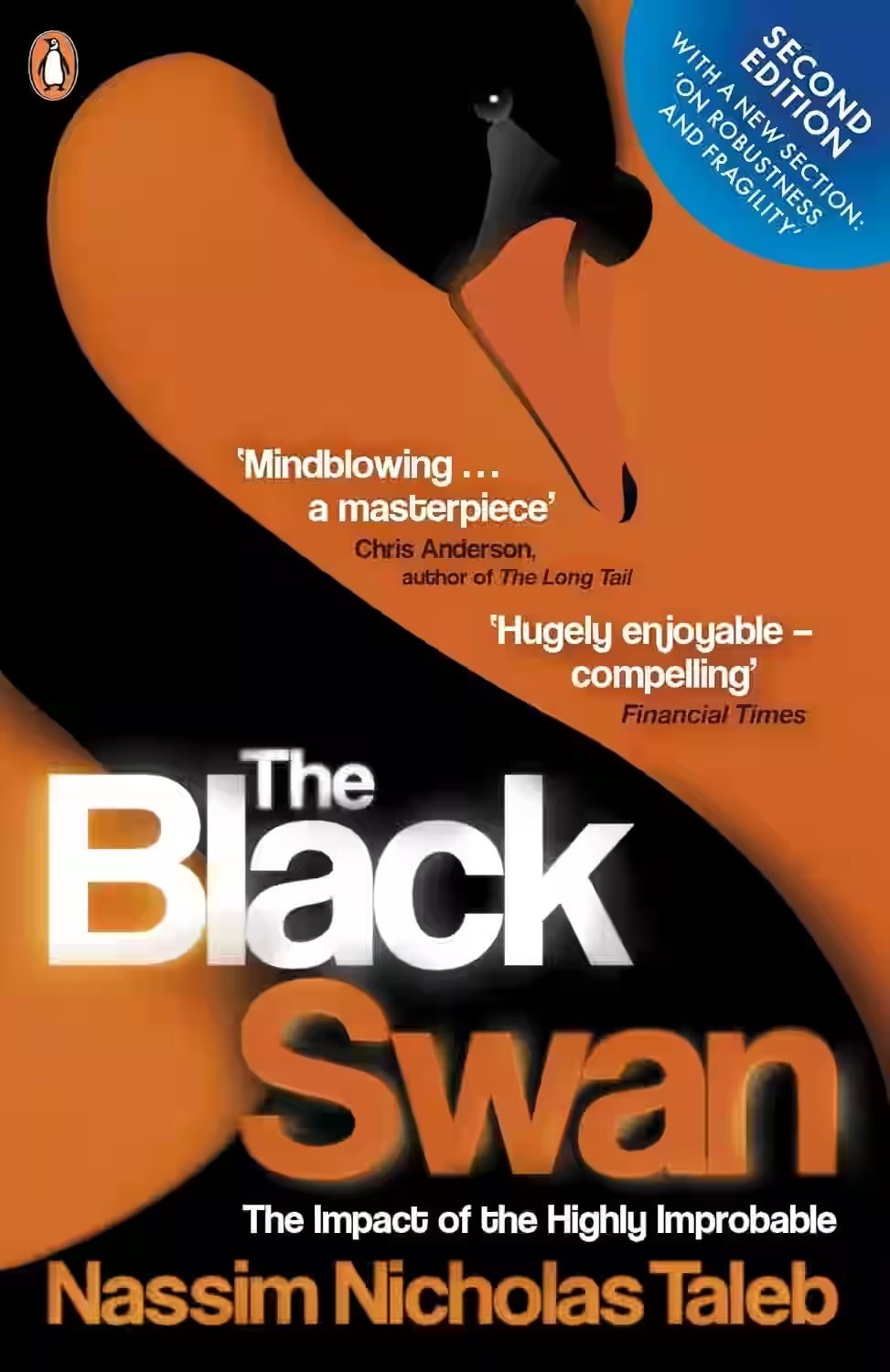
The Black Swan
Series: Incerto (#2)
The Black Swan explores the profound impact of rare, unpredictable events—what Taleb calls “Black Swans”—that lie outside normal expectations but have massive consequences. The book challenges traditional forecasting and risk models, arguing that humans consistently underestimate uncertainty. Taleb illustrates how randomness and surprise shape history, from financial markets to scientific breakthroughs, and advocates for antifragility—systems that benefit from disorder. Combining philosophy, probability theory, and anecdotal insight, The Black Swan is a provocative critique of modern thinking and a call to embrace humility in the face of complexity. It’s a transformative read for anyone making decisions in uncertain environments.
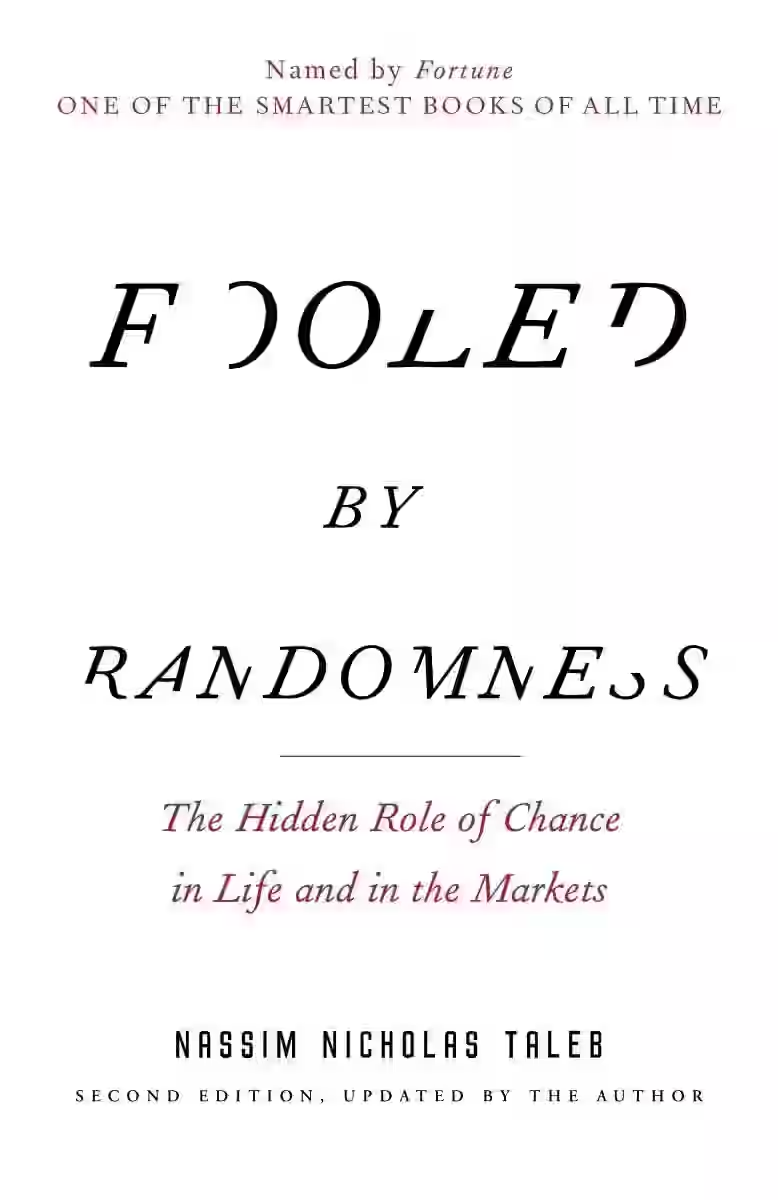
Fooled by Randomness: The Hidden Role of Chance in Life and in the Markets
In 'Fooled by Randomness,' Nassim Nicholas Taleb explores the intricacies of chance, luck, and randomness in our lives and in financial markets. Through a blend of anecdotes, insights, and mathematical models, Taleb challenges the conventional wisdom surrounding success and failure, arguing that random events play a larger role than we often acknowledge. By delving into the concepts of survivorship bias, overconfidence, and the narrative fallacy, Taleb encourages readers to reevaluate their understanding of risk and uncertainty. This thought-provoking book prompts reflection on how we perceive and navigate randomness, offering valuable lessons for decision-making in various spheres of life.
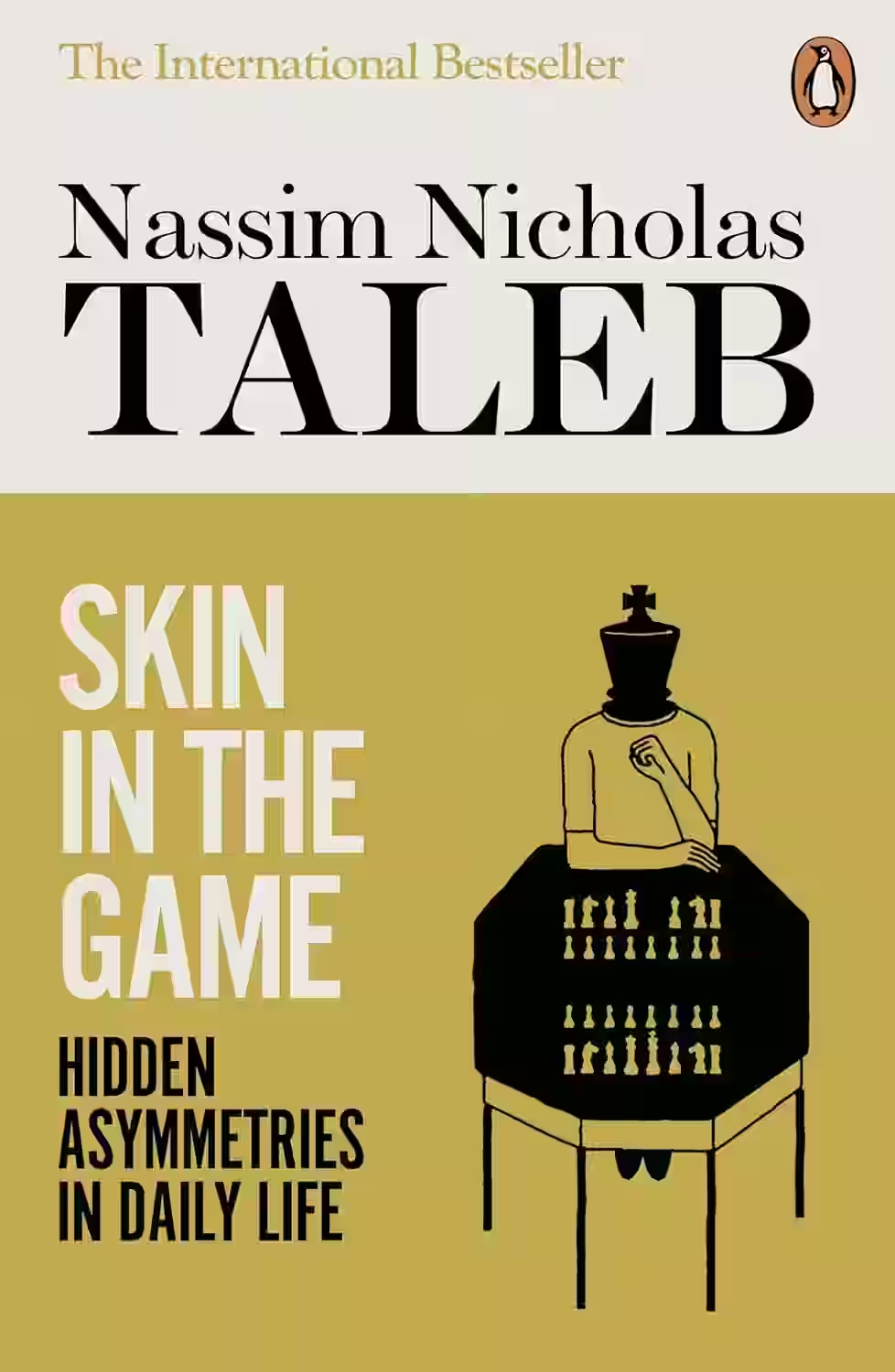
Skin in the Game: Hidden Asymmetries in Daily Life
In 'Skin in the Game: Hidden Asymmetries in Daily Life,' Nassim Nicholas Taleb delves into the concept of having a personal stake in the decisions we make. Through engaging storytelling and incisive analysis, Taleb explores how asymmetrical risks and imbalances impact various aspects of our lives, from business and politics to science and ethics. He challenges readers to reevaluate their understanding of risk, accountability, and expertise. With his signature wit and provocative style, Taleb offers thought-provoking insights on navigating an uncertain world with integrity and resilience. This book is a compelling and enlightening read for those seeking a deeper understanding of the consequences of our actions.
Similar Books
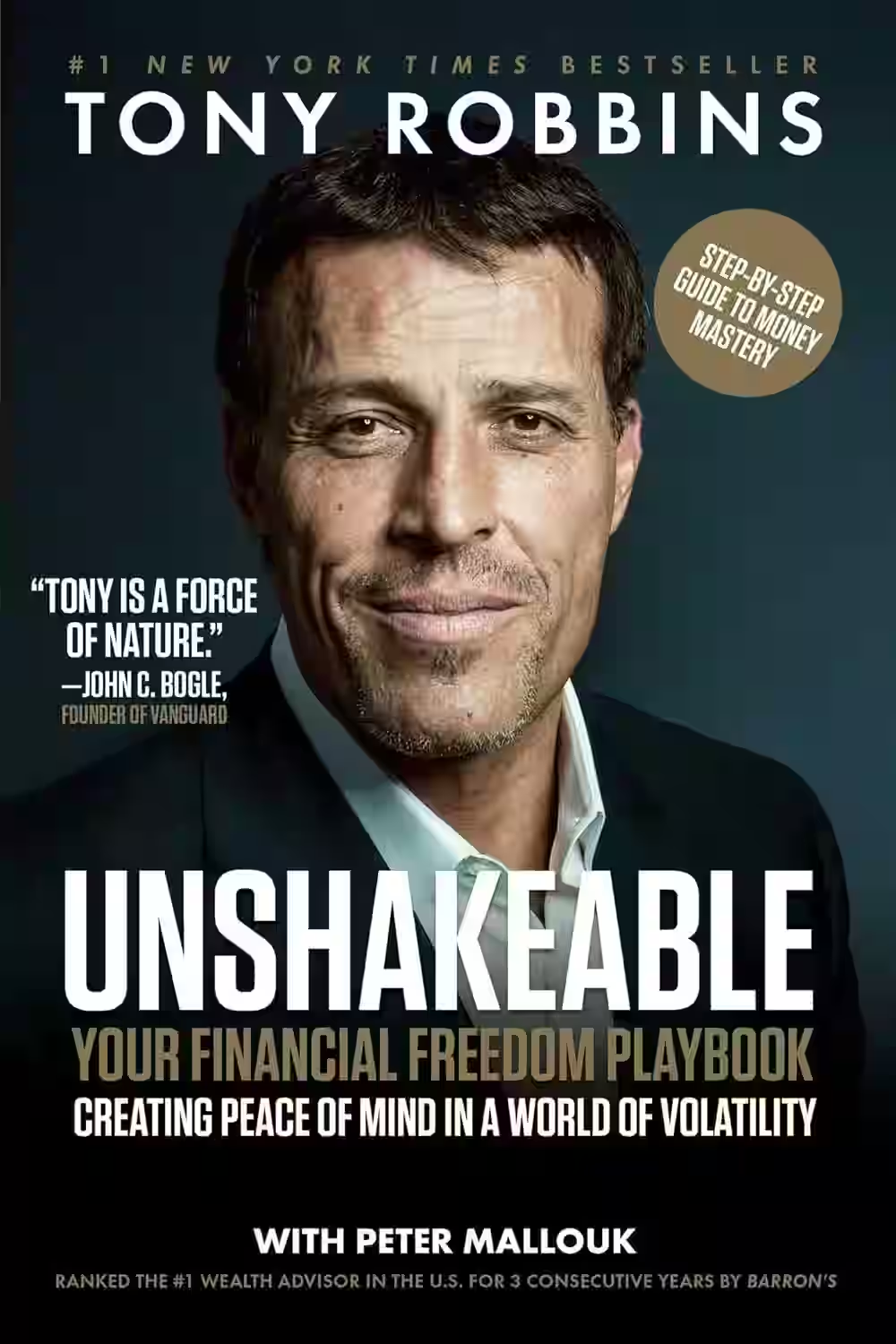
Unshakeable
by Tony Robbins
In "Unshakeable," Tony Robbins, along with financial advisor Peter Mallouk, delves into the world of personal finance and investment. The book is purposefully crafted to arm readers with the knowledge and strategies necessary to cultivate financial stability and confidence. Robbins breaks down complex financial concepts into accessible advice, especially valuable for those new to investing. Emphasizing the importance of staying the course during turbulent market times, it conveys a message of resilience. Robbins also includes practical insights from renowned investors, making it a comprehensive guide to wealth-building. While the book provides a reassuring perspective for anxious investors, it might offer less depth for seasoned financial enthusiasts.
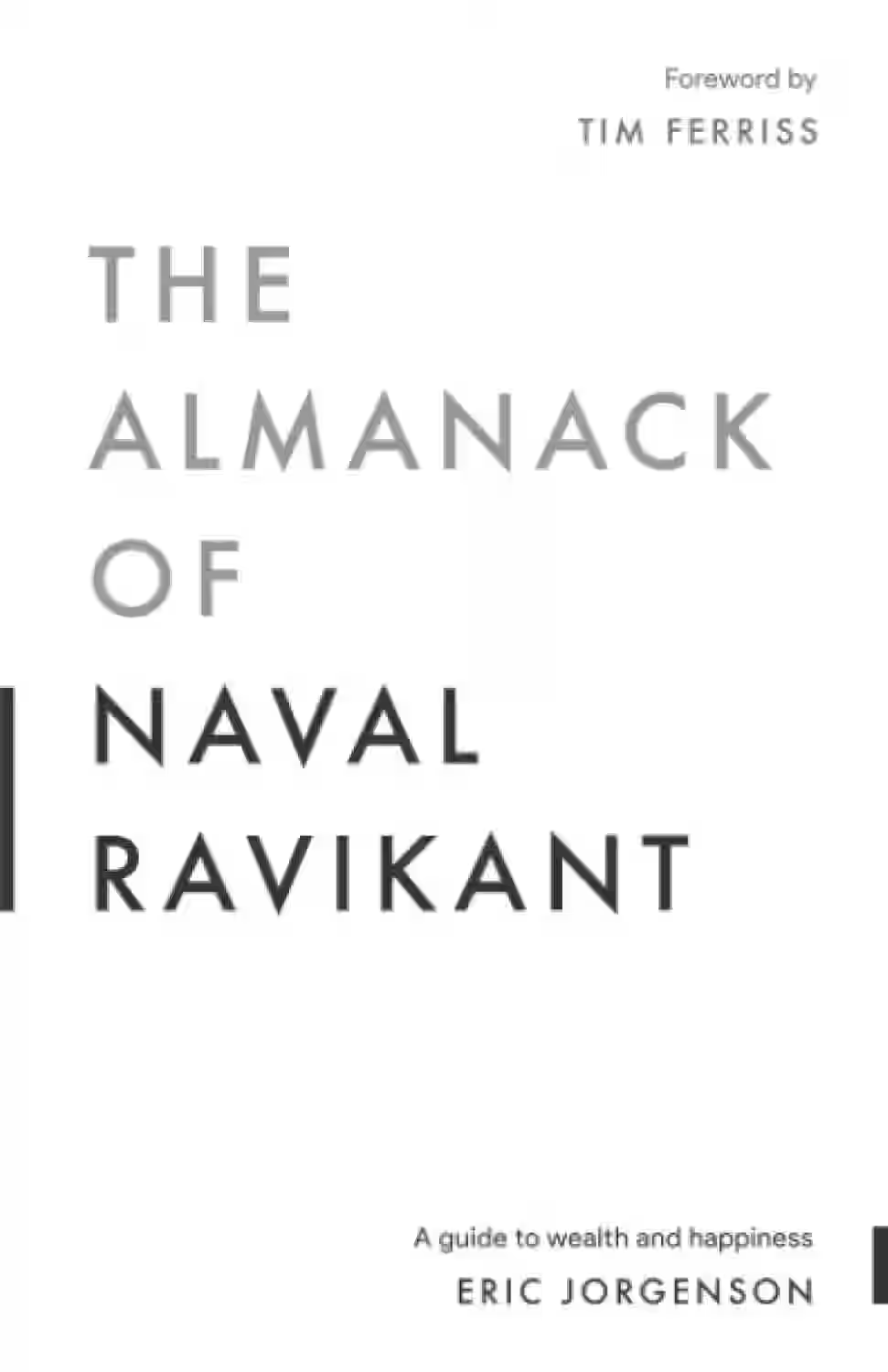
The Almanack of Naval Ravikant
by Eric Jorgenson, Jack Butcher, Tim Ferriss
This curated guide distills Naval Ravikant’s wisdom on wealth, happiness, and self-improvement, drawn from his tweets, podcasts, and essays. It blends philosophy, mental models, and practical advice for living a rich life—both materially and emotionally. The Almanack encourages clear thinking, long-term decision-making, and personal freedom, becoming a go-to for entrepreneurs and thinkers.
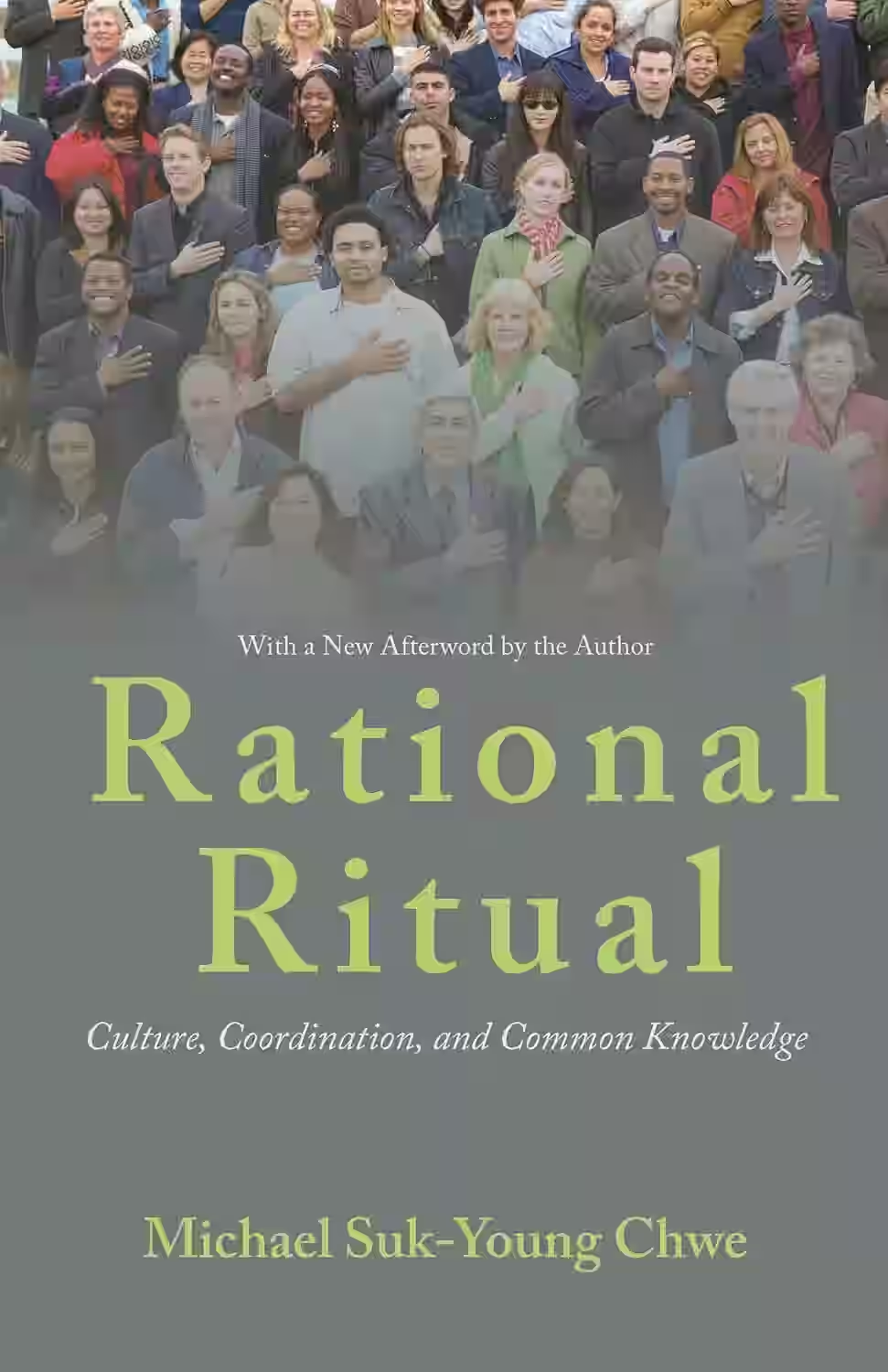
Rational Ritual
Rational Ritual explores how rituals—from presidential inaugurations to sports events—create common knowledge, a shared awareness that everyone knows everyone knows. Chwe, a game theorist, argues that these shared experiences are vital for coordination in society. By applying game theory to cultural rituals, he sheds light on why such practices persist and how they help societies function. The book offers unique insights into advertising, politics, and social networks. Zuckerberg recommended Rational Ritual for its relevance to online platforms, where creating and managing shared experiences is key. It’s an intellectually stimulating read for anyone interested in the intersection of culture and logic.
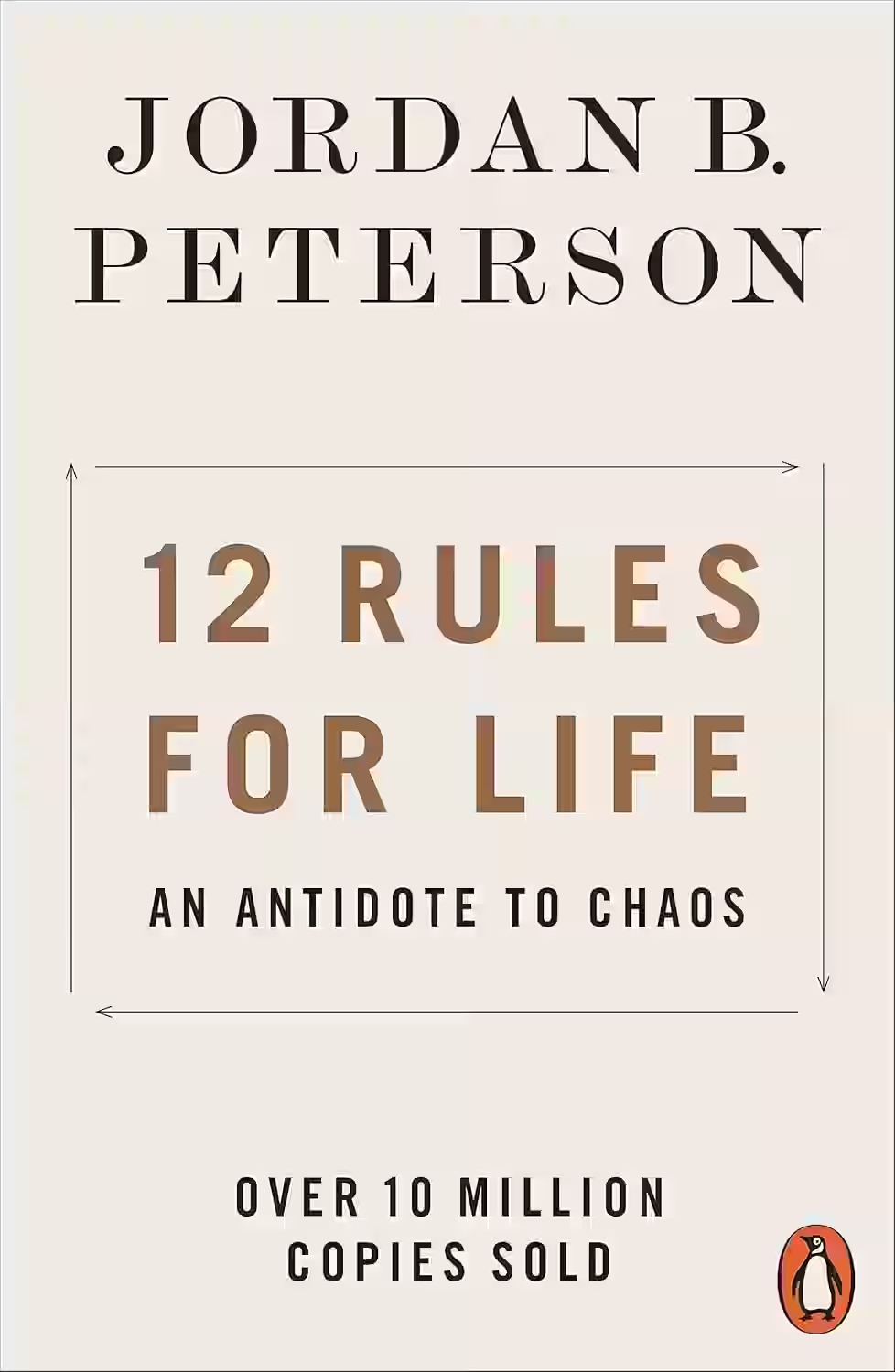
12 Rules for Life
In 12 Rules for Life, clinical psychologist Jordan B. Peterson presents life principles aimed at navigating chaos with order and purpose. Drawing from psychology, mythology, religion, and personal anecdotes, he discusses topics like personal responsibility, discipline, truth-telling, and meaning. Each chapter focuses on a distinct rule—such as “Stand up straight with your shoulders back” or “Pet a cat when you encounter one on the street.” Provocative and deeply philosophical, the book encourages readers to confront suffering and create order in their lives.